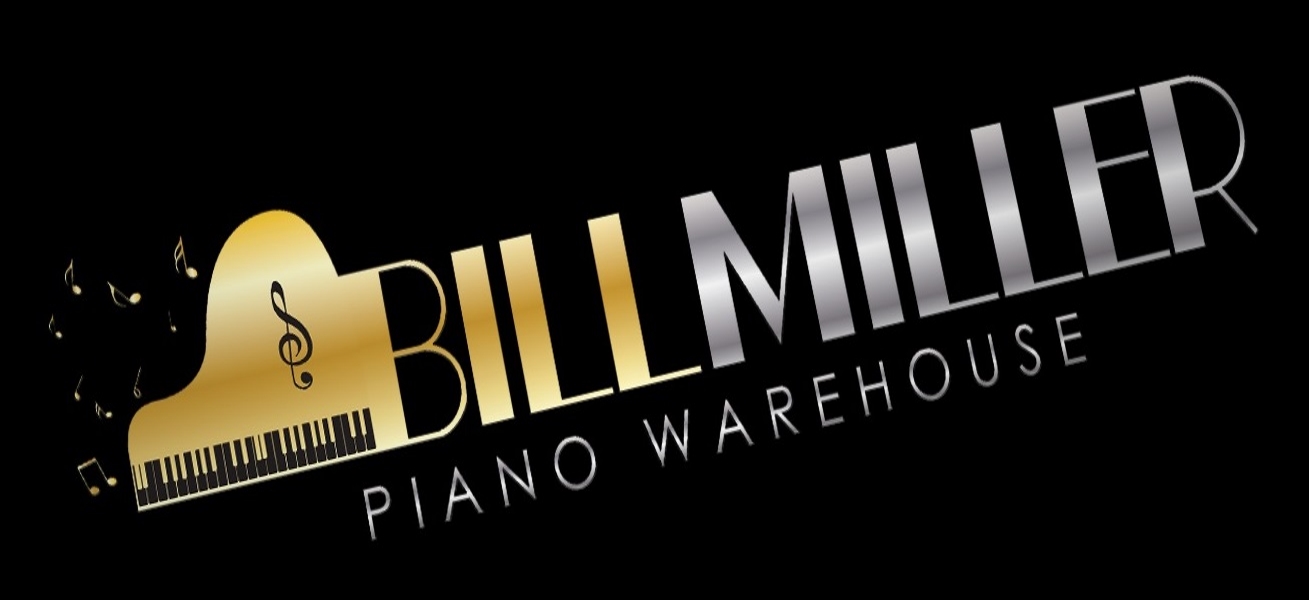All piano manufacturers recommend that their pianos be tuned at regular intervals. Steinway advises that the piano be tuned four times yearly. Many producers recommend that brand-new pianos be tuned three to four times in the first year since the brand-new strings will certainly stretch and change more in the first year than in subsequent years. The exact same holds true with recently rebuilt pianos and newly re-strung pianos.
No matter which manufacturer, they all concur that a piano needs to be tuned no less than two times annually. We advise tuning when you turn on the heat and then when you switch on the air conditioning. Expert tuning keeps the proper stress on the strings. Absence of tuning can cause a wide range of issues including fractures on the sound board.
An article was released by the Detroit News about a piano professional. His client was expressing her annoyance at that he didn’t send out notices when it was time to have her piano tuned. He asked if her dentist sent out semi-annual cleaning notices. When she responded yes, he recommended that when she received the notification from her dental professional, she should call him to set an appointment for a tuning as well.
We try to send out notices to our customers, but if we should forget, please remember us when the dental professional sends his notice.
There are numerous elements which affect the performance and tuning of a piano. The most common reason for a piano going out of tune is variation in the temperature and humidity.
Humidity
Humidity is most likely the biggest element. High humidity may cause keys to stick or become sluggish. It may likewise cause strings and tuning pins to rust. Low humidity might impact the sound of your instrument, it can cause the tuning pins to loosen in the pinblock and cause the soundboard to crack. A humidity range of 35-55 % is good for the piano (and your body too).
There are some things we can do to aid control conditions such as putting your piano where it won’t be exposed to sources of humidity. You will want to avoid positioning it near the kitchen area where steam and heat sources vary every time you cook. Prevent placing it beside your brand-new indoor waterfall and the kids’ vaporizer, humidifier or dehumidifier. Consider the installation of a whole house humidifier controlled by your central air conditioning system, a device which immediately keeps track of and adjusts the humidity.
Temperature
Similarly, a consistent temperature level is important for your piano. The best temperature for a piano is that which is comfortable for a person. Prevent putting your piano where there is a consistent change in temperatures such as near windows, exterior doors, or fireplaces.
Air
Don’t position your piano within 3 feet of a vent blowing air towards it. If your piano is positioned several feet from a fireplace there should be no problem, but never position your piano alongside a wood burning stove.
Light:
Aim to keep your piano away from direct sunshine. The most damaging sunshine is from the east during the cold weather. This sunshine can ruin your piano completely. To slow the yellowing of plastic white keys close the fallboard and for ivory leave it open.
Time for a tuning? We’ll get you back to beautiful music!
Give us a call at 918.299.8863
[si-contact-form form=’1′]





